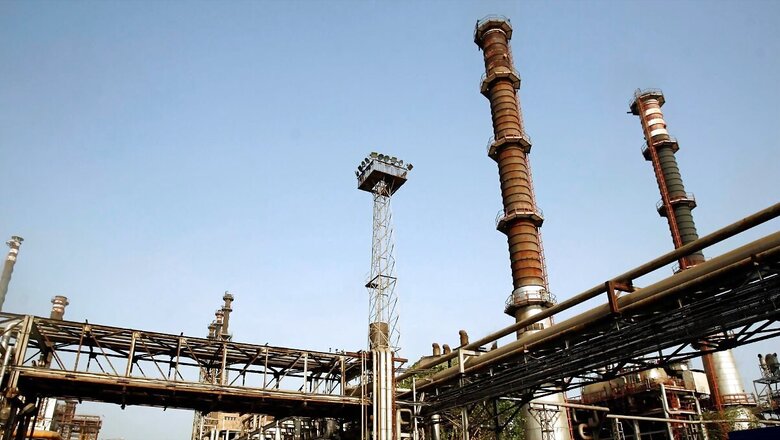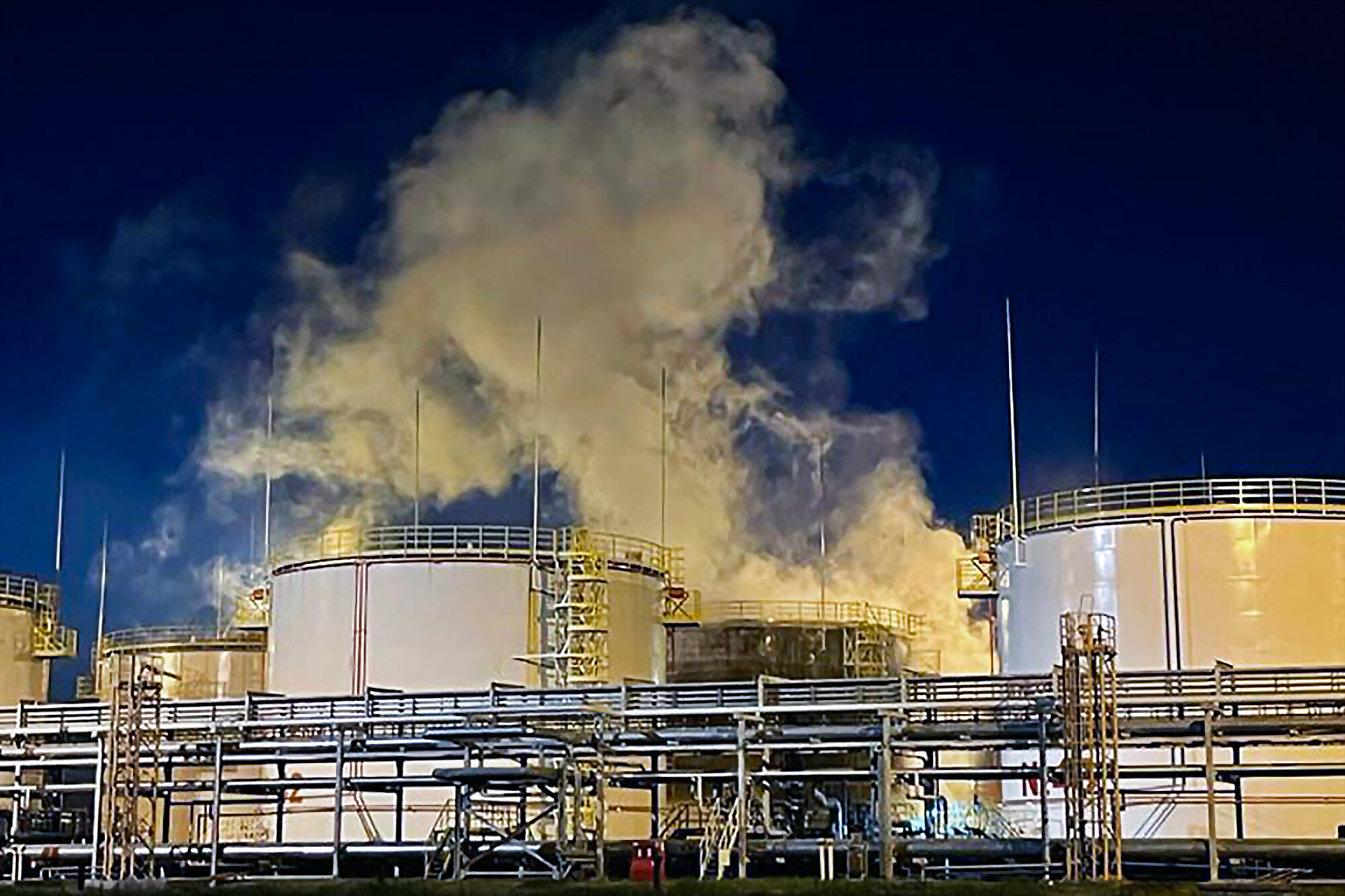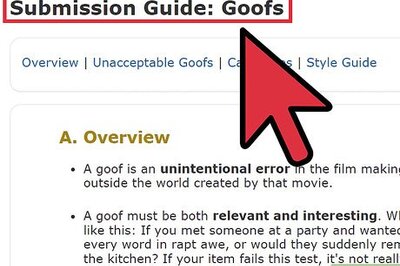
views
India’s imports of oil from Russia reached a new height as New Delhi’s daily volumes climbed to 2.2 million barrels a day in June. The Russian purchases exceeded the combined shipments of Saudi Arabia and Iraq.
Though New Delhi’s trade with Russia reached a record, there are speculations that India’s appetite may have peaked and is going to decrease over the coming months. Reports also pointed out that it is getting tougher to pay Russia and the perils of paying in Chinese yuan, amid India’s strained ties with Beijing.
News18 takes a look at India’s oil trade with Russia and the future possibilities:
Rapid Rise of Russian Oil
India, the world’s third largest consumer of crude, bought nearly 2 million barrels per day (bpd) of Russian crude in June, which was the highest for the country. In May, India had imported a record 1.95 million bpd from Russia.

Moscow continued to be the single largest supplier of crude oil to India for the eighth straight month and made up for 42% of all oil India imported. India also became Russia’s second largest export market for crude.
According to data from the Directorate General of Commercial Intelligence and Statistics India’s oil imports from Russia have grown more than 10 times since April 2022.
Imports from Other countries
Before Ukraine war, that began in February 2022, Russia was a marginal player in India’s oil trade, which was dominated by Middle Eastern countries like Iraq, Saudi Arabia, and the United Arab Emirates (UAE).
However, the recent trade data shows that India’s June imports of Russian oil exceeded its combined purchases from Iraq and Saudi Arabia, the second and third biggest sellers to New Delhi.
US emerged as the fourth-largest supplier to India, pushing UAE to the fifth place, the data showed.

While Russia supplied about 42% of India’s crude oil imports, the Middle East countries’ share rose to about 41% after slipping in the previous three months.
Imports from the Middle East fell by about 34% in the June quarter that a year ago, while those from Azerbaijan, Kazakhstan and Russia nearly tripled.
Why India Increased Oil Imports from Russia?
India increased supply of Russian oil imports since Russia began selling it at a discount following western sanctions in the wake of the Ukraine war last year as Moscow wanted to plug the gap in its energy exports.
Before the Ukraine war, India rarely bought oil from Russia because of the high freight costs. However, after the Western sanctions, there were plentiful Russian cargo available at a discount to supply oil.

The average cost of Russian crude oil including the freight costs landing on Indian shores was $68.21 a barrel in April, the lowest level since the Ukraine war.
Meanwhile, the average cost of Saudi Arabian crude sent to India was $86.96 a barrel, while Iraqi oil was priced at $77.77 a barrel in the same month.
Return Back to Middle East?
According to reports, India’s appetite for Russian oil may have peaked in June and going to decrease over the next months. Moreover, the Russian discounts is slowly eroding in recent weeks.
It is also getting tougher for India to pay for the Russian oil imports as it faces repercussions of breaching the oil price cap of $60 a barrel set by the West, according to The Hindu.
India has also recently started making payments to Russia using currencies like the Chinese yuan, but the use of currency has its own geopolitical ramifications amid New Delhi’s strained ties with Beijing.
Moreover, the recent Wanger Mutiny has challenged the political stability in Russia and also briefly alarmed the oil market before the mercenary group surrendered. However, it is early to say if Russian imports will significantly dwindle in coming months and the chances of India likely increasing its import from the US and traditional trading partner in the Middle East.



















Comments
0 comment